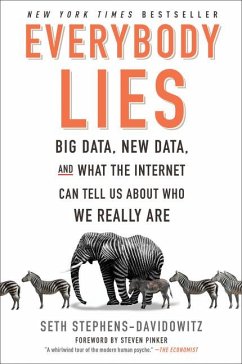
Termination of Price Wars
A Signaling Approach

PAYBACK Punkte
20 °P sammeln!
The aim of Dr. Bungert's dissertation research is, in general, to invent a new approach to the termination of conflict in interdependent mixed-motive situations. More specifi cally, the conflict situation was in form of a price war setting. Dr. Bungert based some of his investigation on the concept of competitive market signaling concept. Research conducted over the past decade or so allows to argue that competitive signaling provides interesting explanations of factors and structures that may be relevant to firmlbusiness interaction in competitive markets and, thus, to con flict resolutions i...
The aim of Dr. Bungert's dissertation research is, in general, to invent a new approach to the termination of conflict in interdependent mixed-motive situations. More specifi cally, the conflict situation was in form of a price war setting. Dr. Bungert based some of his investigation on the concept of competitive market signaling concept. Research conducted over the past decade or so allows to argue that competitive signaling provides interesting explanations of factors and structures that may be relevant to firmlbusiness interaction in competitive markets and, thus, to con flict resolutions in general. In addition, Dr. Bungert combines approaches of game theory and social psychology in experimental research into a very creative framework. More precisely, Dr. Bungert managed not only to "solve" the research problem assig ned - he did so by employing most commonly used members of the marketing mix such as pricing/couponing or advertising. Naturally, thus, his work can be expected to have immediate managerial relevance and bearing. Further, the methodology employed (experiments, logit/probit analysis, etc.) is clearly reflective of state-of-the-art research methods in the marketing discipline.














